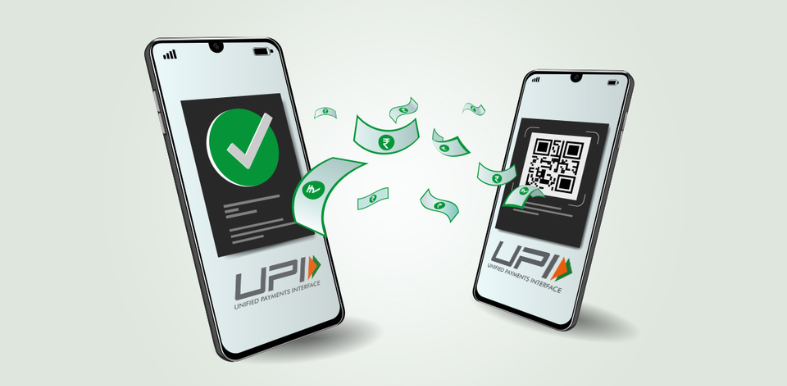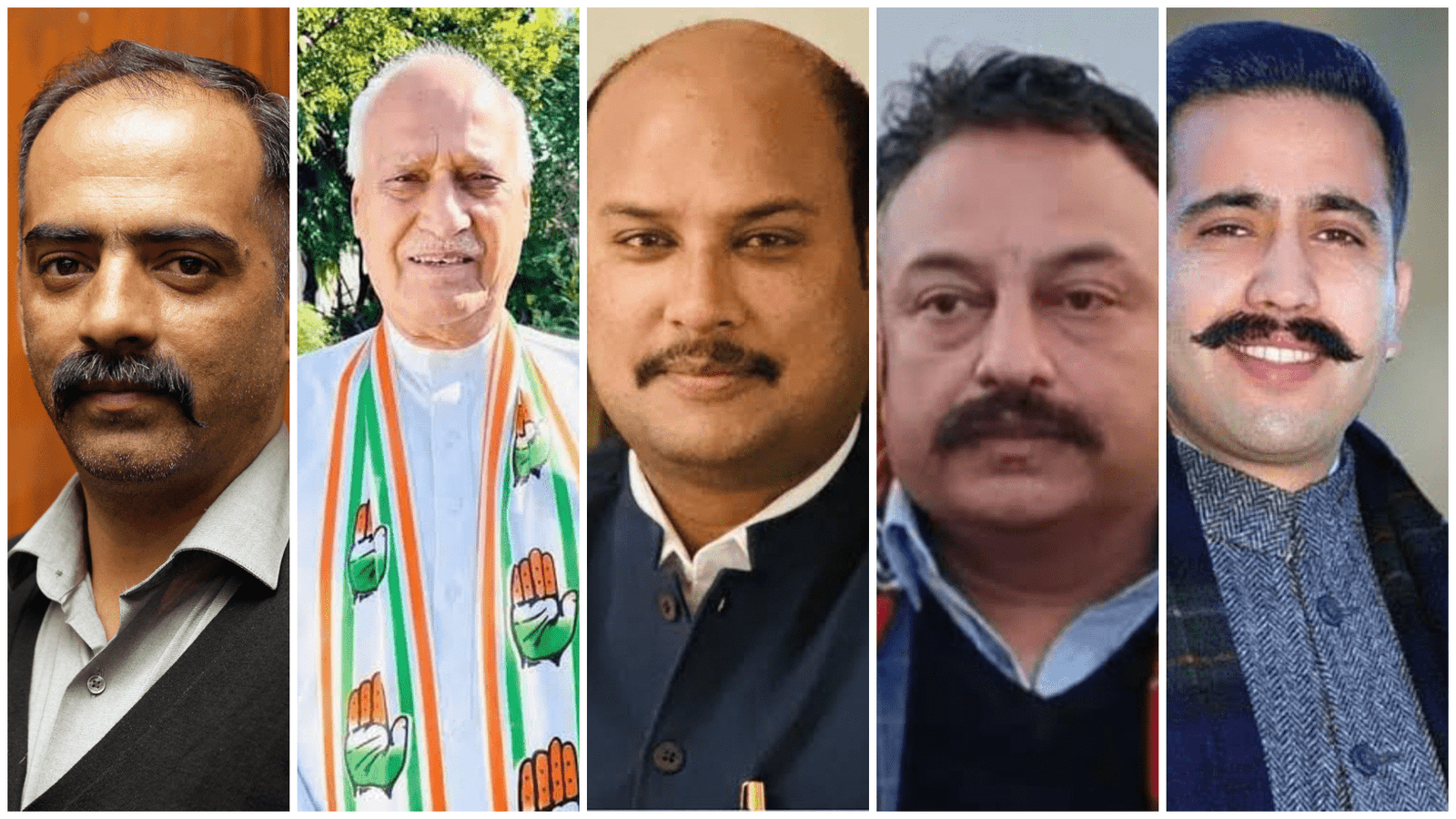Shimla: In a remarkable achievement for India’s digital payment ecosystem, the Unified Payments Interface (UPI) has processed 3,729 transactions every second between April and July, amounting to a staggering ₹81 lakh crore in total transactions. This data underscores the rapid growth and widespread adoption of UPI, which was introduced by the Modi government to simplify payments and promote cashless transactions across the country.
Former Union Minister and Hamirpur MP, Anurag Singh Thakur, hailed UPI as the world’s largest and most efficient digital payment platform, highlighting its role in making banking more accessible for every citizen.
“The transformation in India’s financial technology landscape is indeed having a profound social impact,” Thakur said. “Due to Prime Minister Narendra Modi’s policies to promote fintech, we are reaching the informal economy and bridging the gap in financial services between rural and urban areas. Today, India’s UPI stands as the world’s largest digital transaction platform, a revolutionary step that has greatly simplified digital payments,” he added.
Significant Growth in UPI Transactions
According to the data, UPI witnessed a 37% annual increase in transaction volume from April to July, with over ₹81 lakh crore being transacted during this period. The platform recorded an average of 3,729.1 transactions per second, a substantial increase from the 2,348 transactions per second noted in 2022. This 58% growth in transaction volume further highlights UPI’s expanding role in the digital payments ecosystem.
“UPI, developed in India, is now a model for the world and has established itself as a powerful financial inclusion platform globally,” Thakur stated.
Political Support and Vision for Digital India
Thakur also criticized opposition leaders who once mocked UPI and Digital India initiatives. “The same leaders who once ridiculed UPI now witness its power as it becomes an integral part of everyday life. Even street vendors are using UPI for transactions. The Congress leaders doubted the capability of India’s people and mocked them, saying the poor would never understand digital payments. But Prime Minister Modi’s government trusted the common man’s intelligence and worked to simplify digital payments,” he asserted.
“Digital India has provided a platform for small traders, local artists, and craftsmen, making every task more accessible and supporting the country’s development vision,” Thakur continued.
India Leading the Digital Payments Race
Emphasizing India’s leadership in digital transactions, Thakur pointed out that nearly 40% of transactions in India are conducted digitally, with UPI being the most popular method. “The Indian government is also working internationally to enable merchants to accept payments through UPI QR codes and integrate UPI with other countries’ fast payment systems for cross-border transactions,” he added.
This development not only cements India’s position as a leader in digital payments but also aligns with the government’s vision to enhance financial inclusion and drive digital transformation on a global scale






